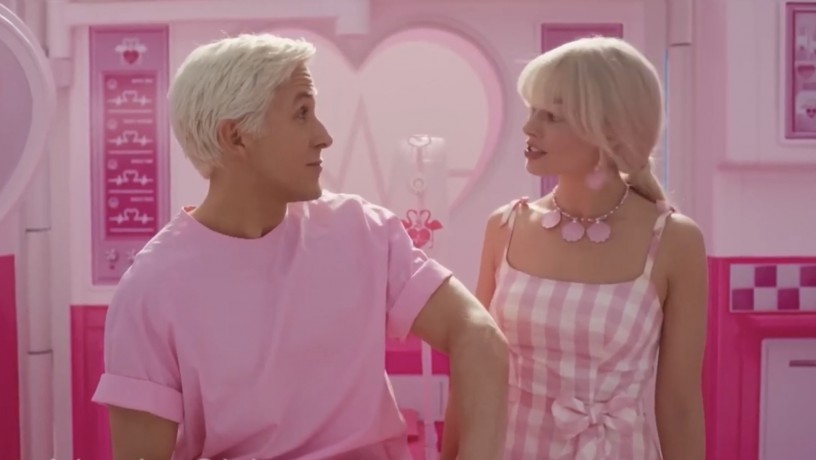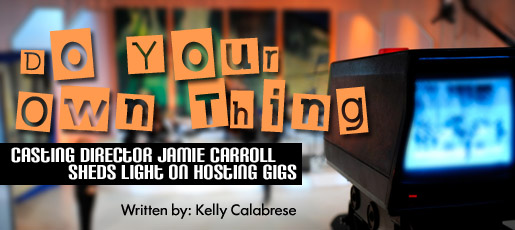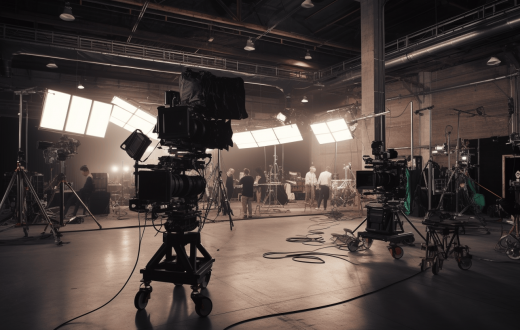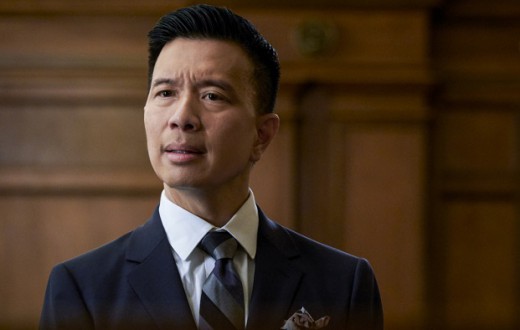Over time, movies have acted as a mirror reflecting societal standards and beliefs. In the past, female characters in films and TV were frequently confined to roles that upheld conventional gender norms, depicting them as inferior to men. However, as society evolves, there’s an increasing demand for diverse portrayals of female empowerment on screen. Let’s delve into the changing landscape of roles and prospects for women in the film sector, highlighting the significance of moving beyond conventional clichés and nurturing empowerment.
The Historical Context
Historically, male-driven storylines have long been prevalent in Hollywood and global film industries. Female characters were frequently confined to portrayals that highlighted their physical appearance, fragility, or reliance on male counterparts. This not only constrained the diversity of roles accessible to actresses but also reinforced conventional beliefs about women’s abilities and societal roles.
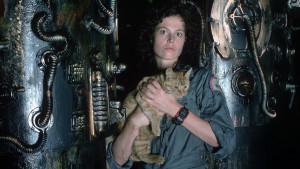
It was groundbreaking when Sigourney Weaver (Alien) and Linda Hamilton (The Terminator) had such strong roles in the late 70s and early 80s, and perhaps their journey led the way to what we’re seeing today.
The Turning Tide
There’s been a noticeable change in the depiction of female characters in films, influenced by an increased emphasis on gender equality and the representation of women in the media. Initiatives like #MeToo and Time’s Up have brought attention to enduring issues within the entertainment sector, leading to a demand for more diverse and authentic portrayals of women.
Breaking Stereotypes on Screen
The acting industry is witnessing a surge in women embracing unconventional roles that challenge stereotypes. Strong, self-reliant, and complex characters are becoming more sought after, providing female actors with opportunities to showcase their diverse talents. Films like Furiosa: A Mad Max Saga, Madame Web, Wonder Woman, and Captain Marvel feature female protagonists who embody not only physical power but also emotional fortitude and intellectual acumen. These characters shatter the notion that women are confined to secondary roles, serving as a wellspring of motivation for aspiring actresses and viewers alike.
Empowerment Behind the Camera

Female empowerment extends beyond just appearing on screen. A rising movement is striving to increase opportunities for women in the film industry behind the scenes, such as in directing, writing, and producing roles. This change is advantageous as it ensures that the perspectives and storylines of movies are shaped by a more diverse group of creators. Female filmmakers introduce a range of viewpoints and narratives, resulting in more intricate and genuine depictions of female characters. Notable directors like Ava DuVernay (Origin), Greta Gerwig (Barbie), and Patty Jenkins (Wonder Woman) have played key roles in bringing stories centered around women to mainstream cinema, thus broadening the scope for female actors.
The Impact of Streaming Platforms
The rise of streaming platforms like Netflix, Amazon Prime, and Disney+ has been instrumental in empowering female actors. These platforms are recognized for their openness to unique and varied storytelling, offering a stage for a wide range of narratives. Series like The Crown, The Handmaid’s Tale, and Orange Is the New Black have shone a spotlight on complex female characters and plots, enabling actresses to explore diverse roles.
Challenges and Opportunities
Despite the progress, challenges remain. The gender pay gap, typecasting, and limited opportunities for older female actors are issues that still need to be addressed. However, the increasing demand for diverse and empowering content, coupled with the activism of actors, filmmakers, and audiences, presents a unique opportunity to continue breaking stereotypes and pushing the boundaries of female representation in the film industry.
The Role of Male Allies
It’s important to acknowledge the role of male allies in this journey. Men in the industry who support and advocate for gender equality can help accelerate change by using their influence to promote diverse casting, equitable pay, and respectful working environments. Collaboration between all genders is an important factor in creating a more inclusive industry.
Pivotal Point

The film industry is at a pivotal point in its portrayal of female characters and the opportunities available to female actors. By breaking away from traditional stereotypes and embracing empowerment both on and off-screen, the industry can reflect and contribute to the progress of society as a whole. As audiences continue to demand more diverse and authentic representations, the future looks promising for female actors who are ready to challenge the status quo and redefine their roles in the world of cinema.
While significant strides have been made, there remains a long road ahead. The ongoing challenges of breaking through entrenched gender stereotypes, achieving equal pay, and securing more diverse and complex roles underscore the need for continued advocacy and action. As the industry evolves, it’s crucial to keep pushing for systemic changes that ensure women’s voices are heard, their stories are told, and their talents are fully recognized. Only through persistent efforts can we hope to achieve a truly inclusive and equitable entertainment landscape where female empowerment is not just a trend, but a fundamental aspect of how stories are created and shared.

